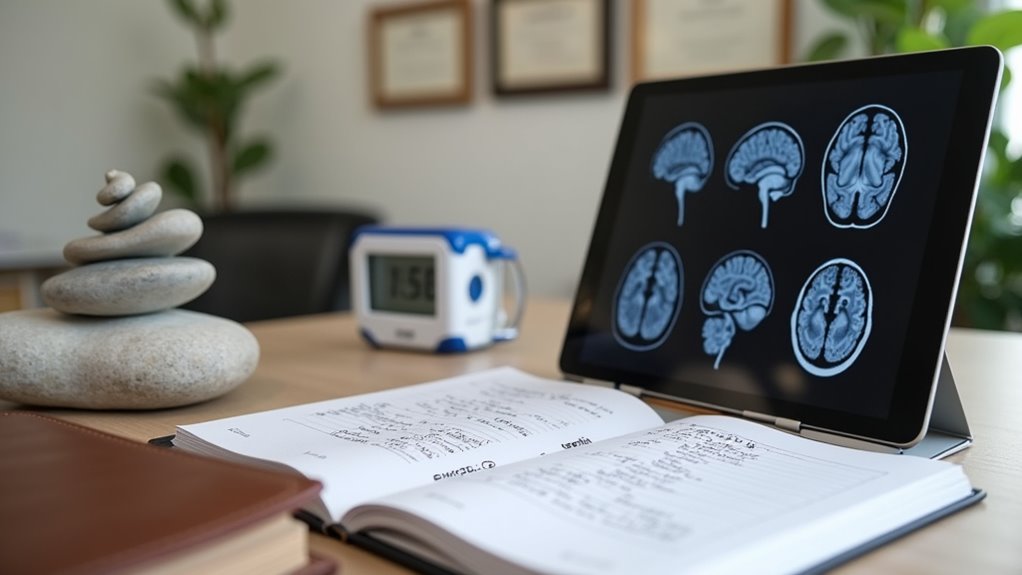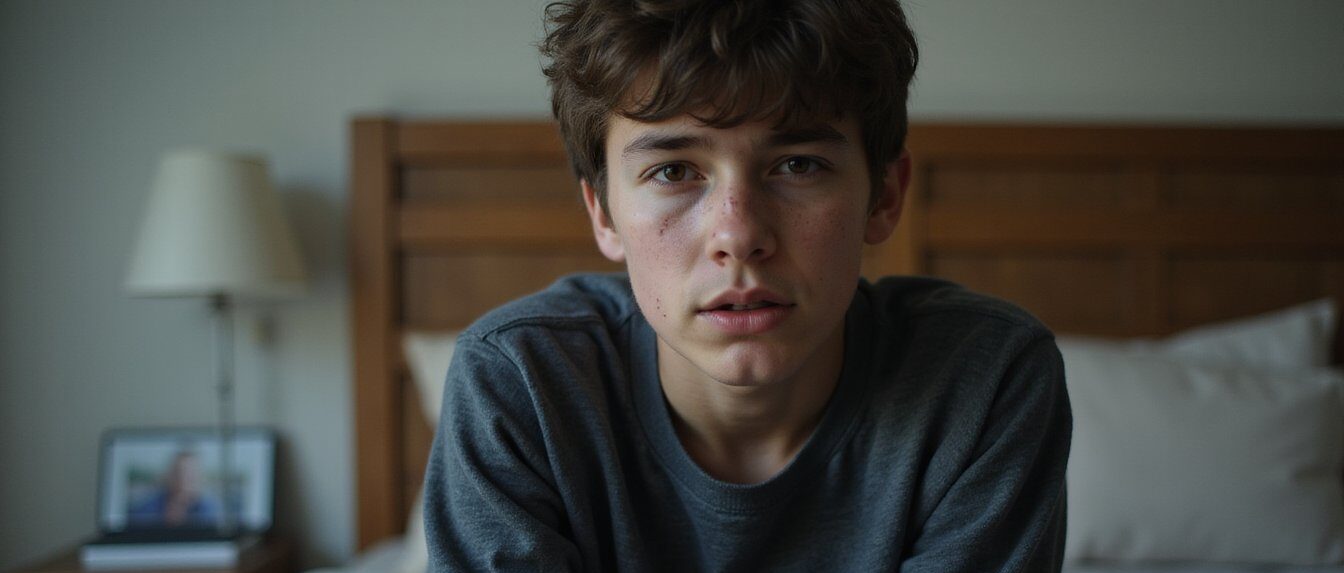Science-backed treatment for behavioral addiction requires a thorough approach. You'll need proper assessment through standardized screening tools, followed by evidence-based interventions like Cognitive-Behavioral Therapy (CBT) to address underlying triggers. Combined with family therapy, mindfulness practices, and stress management strategies, you can develop effective coping mechanisms. The most successful outcomes occur when you integrate multiple treatment modalities under professional guidance. Understanding these core components will strengthen your path to recovery.
 When examining behavioral addiction, clinicians utilize a systematic approach that begins with standardized screening tools and progresses to thorough diagnostic evaluations. These assessments employ instruments like the Behavior Risk Assessment Screen (BRAS) to evaluate seven key areas of potential compulsive behavior. Diagnostic accuracy requires valid and reliable instruments to ensure proper treatment planning. The integration of emotion regulation assessment is crucial for understanding underlying triggers and coping mechanisms. You'll undergo comprehensive evaluations that measure your daily functioning, emotional state, and behavioral patterns. Many clinicians also employ the CAGE assessment tool for its adaptability to various behavioral addictions. Clinicians will consider medication considerations based on your specific symptoms and potential comorbidities. Treatment duration factors depend on your risk scoring, which ranges from 0-100, helping determine the intensity and length of intervention required. The assessment process helps differentiate between high engagement and true addiction using the Four C's framework: control, compulsion, craving, and consequences. This scientific approach guarantees you'll receive targeted treatment aligned with evidence-based protocols.
When examining behavioral addiction, clinicians utilize a systematic approach that begins with standardized screening tools and progresses to thorough diagnostic evaluations. These assessments employ instruments like the Behavior Risk Assessment Screen (BRAS) to evaluate seven key areas of potential compulsive behavior. Diagnostic accuracy requires valid and reliable instruments to ensure proper treatment planning. The integration of emotion regulation assessment is crucial for understanding underlying triggers and coping mechanisms. You'll undergo comprehensive evaluations that measure your daily functioning, emotional state, and behavioral patterns. Many clinicians also employ the CAGE assessment tool for its adaptability to various behavioral addictions. Clinicians will consider medication considerations based on your specific symptoms and potential comorbidities. Treatment duration factors depend on your risk scoring, which ranges from 0-100, helping determine the intensity and length of intervention required. The assessment process helps differentiate between high engagement and true addiction using the Four C's framework: control, compulsion, craving, and consequences. This scientific approach guarantees you'll receive targeted treatment aligned with evidence-based protocols.
 Building on individual therapeutic approaches, group and family-based treatments offer powerful complementary pathways for behavioral addiction recovery. Research shows that strengthening family dynamics through structured therapy increases long-term sobriety rates by 24% compared to individual treatment alone. Family therapy understands that addiction serves a purpose within dysfunctional family systems. You'll benefit from improved communication patterns, heightened trust, and better recognition of relapse triggers within your family system. Almost 90% of participants experience significant improvements in their emotional health after completing family therapy sessions. One study found that patients receiving behavioral family counseling attended significantly more treatment sessions than those in individual therapy alone. Fostering group camaraderie through peer support programs provides essential accountability and shared learning experiences. You'll gain valuable insights from others' recovery strategies while reducing isolation. Group settings help normalize the recovery journey and create reliable social networks that support lasting change. However, it is vital to note that family therapy isn't suitable in cases involving active violence or court-ordered separation; safety must always come first.
Building on individual therapeutic approaches, group and family-based treatments offer powerful complementary pathways for behavioral addiction recovery. Research shows that strengthening family dynamics through structured therapy increases long-term sobriety rates by 24% compared to individual treatment alone. Family therapy understands that addiction serves a purpose within dysfunctional family systems. You'll benefit from improved communication patterns, heightened trust, and better recognition of relapse triggers within your family system. Almost 90% of participants experience significant improvements in their emotional health after completing family therapy sessions. One study found that patients receiving behavioral family counseling attended significantly more treatment sessions than those in individual therapy alone. Fostering group camaraderie through peer support programs provides essential accountability and shared learning experiences. You'll gain valuable insights from others' recovery strategies while reducing isolation. Group settings help normalize the recovery journey and create reliable social networks that support lasting change. However, it is vital to note that family therapy isn't suitable in cases involving active violence or court-ordered separation; safety must always come first.
 When treating behavioral addictions, combining multiple evidence-based approaches often yields superior outcomes compared to single-modality interventions. You'll find that integrating CBT with motivational approaches creates a powerful foundation, as CBT addresses thought patterns while MET/MI enhances treatment engagement and commitment to change. Research shows that positive outcomes correlate directly with how long patients remain engaged in treatment. Evidence-based treatments can be strategically layered to create personalized intervention plans. For instance, you might combine CBT's cognitive restructuring with contingency management's reward system, while incorporating family therapy to address systemic influences. This approach is particularly effective since families participating together have shown consistently better treatment outcomes. Adding pharmacological support, when appropriate, can further stabilize neural processes and improve treatment adherence. You'll achieve the most substantial outcomes by selecting complementary approaches that target different aspects of addiction, from psychological and behavioral components to social and biological factors.
When treating behavioral addictions, combining multiple evidence-based approaches often yields superior outcomes compared to single-modality interventions. You'll find that integrating CBT with motivational approaches creates a powerful foundation, as CBT addresses thought patterns while MET/MI enhances treatment engagement and commitment to change. Research shows that positive outcomes correlate directly with how long patients remain engaged in treatment. Evidence-based treatments can be strategically layered to create personalized intervention plans. For instance, you might combine CBT's cognitive restructuring with contingency management's reward system, while incorporating family therapy to address systemic influences. This approach is particularly effective since families participating together have shown consistently better treatment outcomes. Adding pharmacological support, when appropriate, can further stabilize neural processes and improve treatment adherence. You'll achieve the most substantial outcomes by selecting complementary approaches that target different aspects of addiction, from psychological and behavioral components to social and biological factors.
Understanding the Assessment Process for Behavioral Addiction

The Power of Cognitive-Behavioral Therapy in Recovery
Cognitive-Behavioral Therapy (CBT) stands as a cornerstone intervention for behavioral addiction recovery, backed by extensive empirical evidence demonstrating its effectiveness in treating compulsive behaviors. Through individualized treatment planning, CBT directly targets underlying triggers while equipping you with practical relapse prevention techniques. Group and individual therapy formats have shown significant success in treatment outcomes. CBT's proven ability to address root causes of addiction enhances long-term recovery success. Studies show that clean toxicology screens remain present in 60% of patients even one year after completing CBT treatment.CBT empowers recovery through proven, personalized strategies that address addiction triggers and build lasting protection against relapse.
- You'll learn to identify and restructure distorted thinking patterns that fuel addictive behaviors, with effects lasting up to 19 months post-therapy
- You'll develop specific coping mechanisms including relaxation methods and communication skills to manage cravings
- You'll receive specialized treatment for co-occurring mental health conditions, improving comprehensive recovery outcomes
- You'll gain tools to recognize high-risk situations and environmental cues that could trigger relapse
Building Support Through Group and Family-Based Treatment

Mindfulness and Stress Management Strategies
Mindfulness-based interventions stand out as powerful tools for addressing behavioral addictions through their proven effects on brain networks and stress regulation. By enhancing emotional awareness and cultivating self-regulation skills, these approaches strengthen key neural pathways associated with impulse control and stress management. Studies show that striatal and insular networks become stronger with mindfulness practice, improving behavioral control and stress responses. Present-moment awareness helps separate individuals from their addictive urges, creating opportunities for more conscious choices. The practice of nonjudgmental acceptance enables individuals to better cope with stress triggers that often lead to relapse.- Strengthens prefrontal cortex networks to reduce impulsivity and improve decision-making under stress
- Increases distress tolerance by developing non-reactive awareness of triggering situations
- Reduces experiential avoidance through present-moment acceptance of uncomfortable thoughts and feelings
- Disrupts automatic addiction patterns by heightening awareness of craving states
Combining Evidence-Based Approaches for Optimal Results







